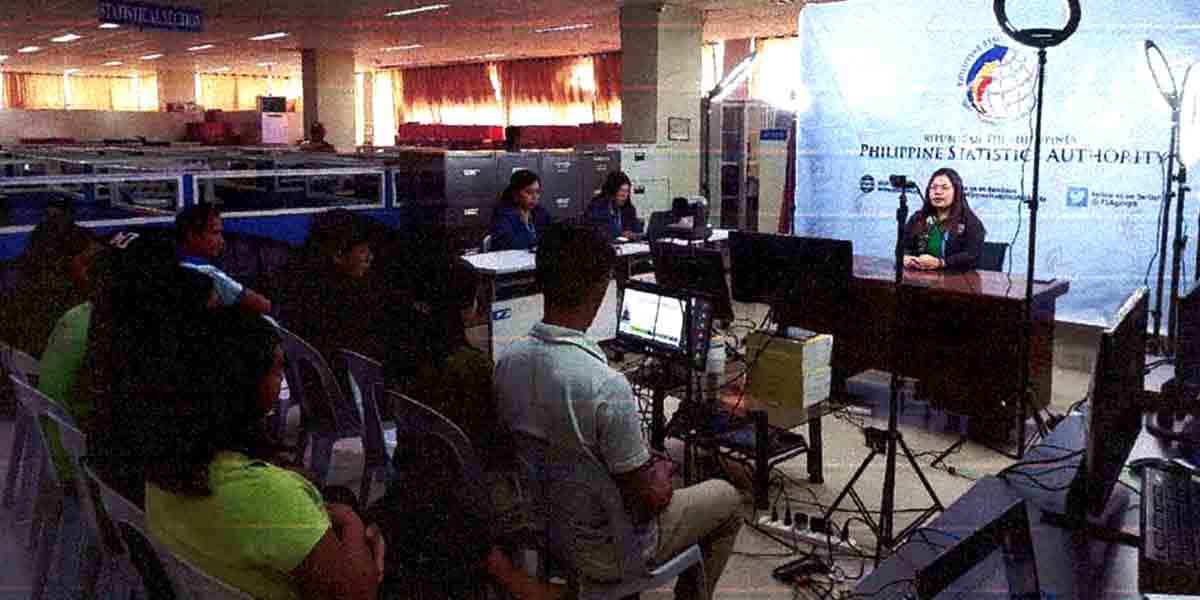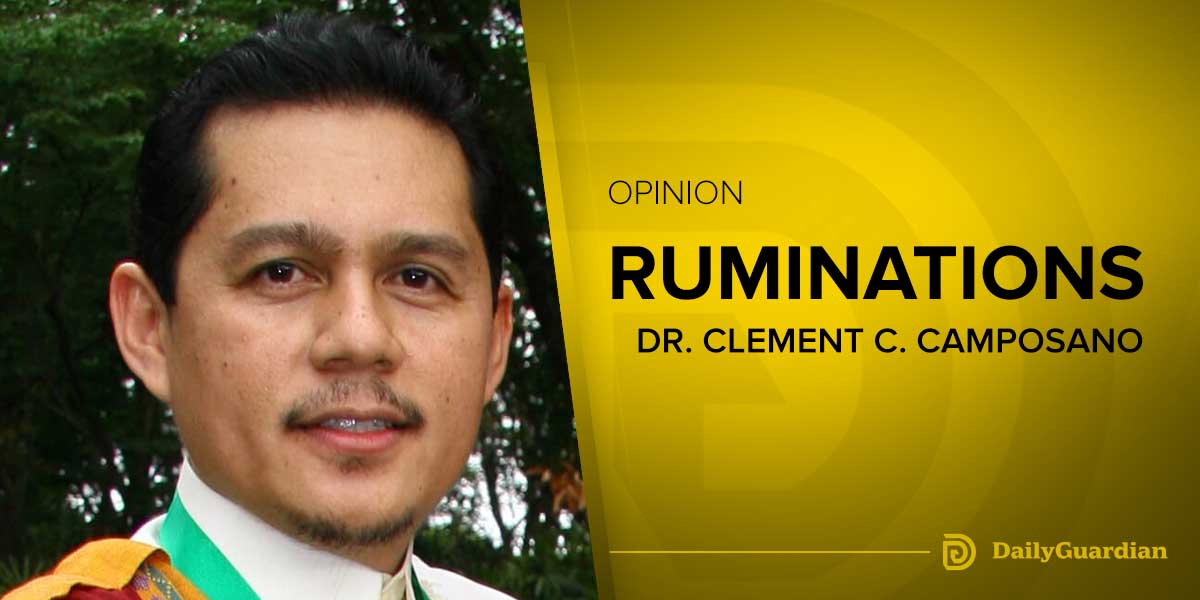 By Atty. Eduardo T. Reyes III
By Atty. Eduardo T. Reyes III
In the Law of Succession, it has been said that love first descends, then ascends, and then goes sideways.
This references the order of hereditary rights when a person dies leaving several heirs to partake of his estate. His/ her descendants (ie, children and grandchildren down the line) are first to inherit, and only in their absence will the estate be opened up in favor of the ascendants (ie, parents and grandparents). Meanwhile, the collateral relatives (ie, brothers and sisters, uncles and aunts, and cousins) will inherit only when neither the descendants nor ascendants are still alive at the time of death of the decedent.
The general rule, therefore, seems to be that in succession, the closer relations exclude the farther ones.
In contrast, the Law on Support (while it follows the same order of priority) does not adhere to the rule of exclusion, but rather to the rule on concurrence or co-existent liability.
Interestingly, (as this happens all the time), if the grandchildren who had gotten used to a certain comfortable life when their father’s business or career was still doing well, -but had later taken a downturn that reduced significantly his financial capacity to maintain their lifestyle-, can the grandchildren look to their grandparents for support at least in so far as that amount which was reduced is concerned?
Another curious thought, (as this can also happen sometimes), are siblings obliged to support one another for soaring costs of living, for instance, even if they are already adults?
Before answering these questions, it is notable to underline what is included in the legal term known as “support” as envisaged under the Family Code, thus:
“Art. 194. Support compromises everything indispensable for sustenance, dwelling, clothing, medical attendance, education and transportation, in keeping with the financial capacity of the family.
The education of the person entitled to be supported referred to in the preceding paragraph shall include his schooling or training for some profession, trade or vocation, even beyond the age of majority. Transportation shall include expenses in going to and from school, or to and from place of work.”
While as to who are obliged to provide support, the following articles of the Family Code provide the answer, thus:
“Art. 105. Subject to the provisions of the succeeding articles, the following are obliged to support each other to the whole extent set forth in the preceding article:
(1) The spouses;
(2) Legitimate ascendants and descendants;
(3) Parents and their legitimate children and the legitimate and illegitimate children of the latter;
(4) Parents and their illegitimate children and the legitimate and illegitimate children of the latter; and
(5) Legitimate brothers and sisters, whether of full or half-blood.”
First, let us dispose of the question of whether siblings ought to support each other. Article 196 of the Family Code states that: “Art. 196. Brothers and sisters not legitimately related, whether of the full or half-blood, are likewise bound to support each other to the full extent set forth in Article 194, except only when the need for support of the brother or sister, being of age, is due to a cause imputable to the claimant’s fault or negligence.”
What we can gather from Article 196 is that when the siblings are “legitimately-related”, they must support each other even if: 1) they are already adults; and, 2) even if the need for support arose out of the fault or negligence of the sibling.
In contrast, as for an illegitimate sibling, support is only obligatory when the need for the same is “not due to a cause imputable” to said sibling’s “fault or negligence.”
In short, when a sibling is out-of-job, the financially-capable siblings must support him/ her even if he/ she is already an adult and is at-fault or negligent if they are legitimately-related. However, if they are not legitimately-related, support is only mandatory when said sibling is not at-fault nor negligent.
While as to the grandparents in regard to their grandchildren, support devolves upon the following persons as stated in Article 199 of the Family Code, thus: Art. 199. Whenever two or more persons are obliged to give support, the liability shall devolve upon the following persons in the order herein provided:
(1) The spouse;
(2) The descendants in the nearest degree;
(3) The ascendants in the nearest degree; and
(4) The brothers and sisters. (294a)
The answer to the question of whether grandparents must cough up partial support for that which the father could not fully provide, was stated by the Supreme Court in the case of Sps. Prudencio and Filomena Lim v. Ma. Cheryl S. Lim, G.R. No. 163209, October 30, 2004, as follows:
“Here, there is no question that Cheryl is unable to discharge her obligation to provide sufficient legal support to her children, then all school-bound. It is also undisputed that the amount of support Edward is able to give to respondents, P6,000 a month, is insufficient to meet respondent’s basic needs. This inability of Edward and Cheryl to sufficiently provide for their children shifts a portion of their obligation to the ascendants in the nearest degree, both in the paternal (petitioners) and maternal lines, following the ordering in Article 199. To hold otherwise, and thus subscribe to petitioner’s theory, is to sanction the anomalous scenario of tolerating extreme material deprivation of children because of parental inability to give adequate support even if ascendants one degree removed are more than able to fill the void.
However, petitioner’s partial concurrent obligation extends only to their descendants as this word is commonly understood to refer to relatives, by blood of lower degree. As petitioner’s grandchildren by blood, only respondents Lester Edward, Candice Grace and Mariano III belong to this category. Indeed, Cheryl’s right to receive support from the Lim family extends only to her husband Edward, arising from their marital bond. Unfortunately, Cheryl’s share from the amount of monthly support the trial court awarded cannot be determined from the records. Thus, we are constrained to remand the case to the trial court for this limited purpose.”
Therefore, the law obliges the grandparents from both the paternal and maternal sides to fill-in the deficiency when the needs of the grandchildren call for it. Of course, the delicate balancing-act in fixing the amount of support is applied by the courts such that pursuant to Article 201, the demand for support of the recipient is always tempered by the financial resources or means of the giver, thus:
“Art. 201. The amount of support, in the cases referred to in Articles 195 and 196, shall be in proportion to the resources or means of the giver and to the necessities of the recipient. (296a)
Art. 202. Support in the cases referred to in the preceding article shall be reduced or increased proportionately, according to the reduction or increase of the necessities of the recipient and the resources or means of the person obliged to furnish the same.”
No parent or grandparent could be impervious to the cries of their children or grandchildren in the same manner that a sibling cannot be deaf to the pleas of a brother or sister asking for shelter, clothing, schooling or medical needs.
Indeed, the essence of family is not about genetic accidents. It is about giving and partaking of a piece of each other. Here, the law and Filipino custom and tradition, are in sync in support of this tender, comforting, and heart-rending ideal.
(The author is the senior partner of ET Reyes III & Associates- a law firm based in Iloilo City. He is a litigation attorney, a law professor and a law book author. His website is etriiilaw.com).




















